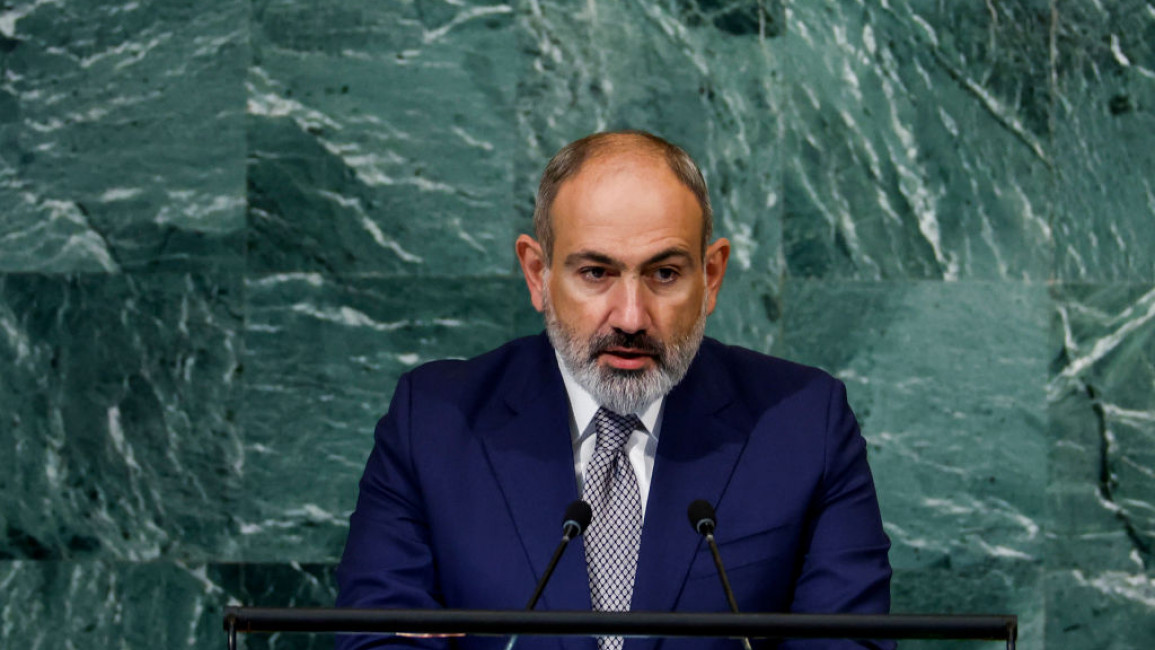Armenia accuses Azerbaijan of 'ethnic cleansing' over Karabakh blockade
Armenia on Friday accused Azerbaijan of pursuing a policy of "ethnic cleansing" in the Armenian-populated region of Nagorno-Karabakh, at the centre of a decades-long territorial dispute between the Caucasus arch-foes.
On 23 April, Azerbaijan set up a border checkpoint at the entrance to the Lachin corridor, the only road linking Armenia to the separatist region.
The move followed a months-long roadblock by Azerbaijani environmental activists, which Yerevan claims has lead to a humanitarian crisis in the mountainous enclave that had experienced shortages of food and fuel.
Azerbaijan insisted civilian transport was running unimpeded through the Lachin corridor.
On Friday, Armenian Prime Minister Nikol Pashinyan said that the "humanitarian situation in Karabakh has extremely worsened" after Baku blocked the traffic through the road on Thursday.
He said "food supplies to Karabakh have practically ceased and patients are not being allowed to be taken to hospitals in Armenia for medical treatment".
Baku's "actions prove that Azerbaijan is pursuing a policy of ethnic cleansing in Karabakh".
On 22 February, the International Court of Justice (ICJ) – the UN's top judicial body – ordered Azerbaijan to ensure free movement on the road.
On 24 May, Armenia called on the ICJ to order Azerbaijan to end the blockade of the Lachin road altogether.
The two former Soviet republics have been at loggerheads for more than 30 years and fought two wars for the control of Karabakh – in the 1990s and 2020.
Six weeks of fighting in autumn 2020 ended with a Russian-sponsored ceasefire that saw Armenia cede swathes of territories it had controlled for decades.
There have been frequent clashes at their shared border despite the ongoing peace talks between Baku and Yerevan under the mediation from the European Union and United States.
When the Soviet Union collapsed in 1991, ethnic Armenian separatists in Karabakh broke away from Azerbaijan. The ensuing conflict claimed some 30,000 lives.



